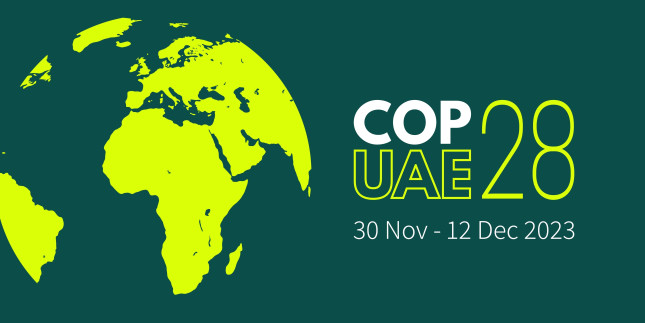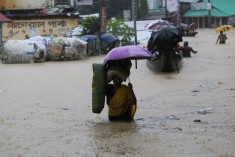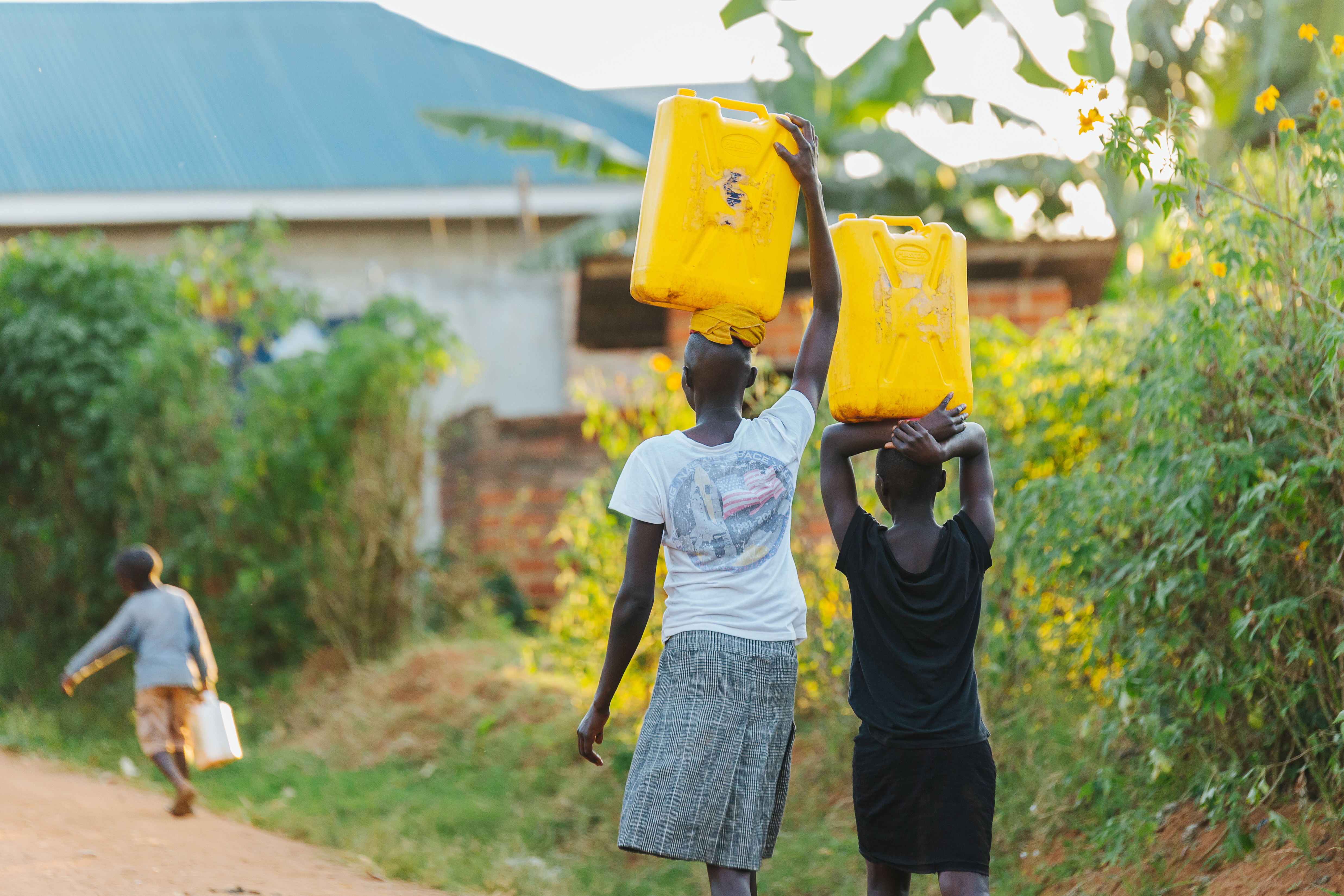-
ECSP Weekly Watch | December 4 — 8
›
A window into what we are reading at the Wilson Center’s Environmental Change and Security Program
Possibilities for Peace and Conflict at COP28
October 2023 was the world’s warmest month in history, a fact which underscores the escalation of the climate crisis. It also supports official reports on adaptation and emission gaps which provide pessimistic outlooks for the future of peace in conflict-affected areas.
-
ECSP Weekly Watch | November 27 – December 1
›
A window into what we are reading at the Wilson Center’s Environmental Change and Security Program
Why is COP Important?
Governments, policymakers, advocates, and observers have entered another annual UN climate conference cycle. Known as a “COP” (or “conference of parties”), these annual government-level gatherings focus on climate action, including assessments of progress toward the Paris Agreement and the creation of even more ambitious plans.
-
Gaza, Yemen, Syria, Human Rights, and Oil: The Elephants in the COP28 Room
›
The annual multilateral Conference of the Parties (COP) has become one of the most important meetings on the global agenda. So the fact that the United Arab Emirates (UAE) will host COP28 starting this week in Dubai—on the coattails of another Arab country, Egypt, hosting COP27 in 2022—is a big deal. Bringing such important international meetings to the Global South is a step forward in decentering and reorienting global climate action.
-
The Arc | Dr. Yvonne Su on Climate Migration, Equity, and Policy
›
In today’s episode of The Arc, ECSP’s Claire Doyle and Angus Soderberg interview Dr. Yvonne Su, an Assistant Professor in the Department of Equity Studies at York University in Toronto. Dr. Su challenges oversimplified portrayals of displacement by drawing out how socioeconomic status, identity, and timeframes shape experiences of migration. She also stresses the importance of involving marginalized communities in policy consultations and draws attention to local grassroots organizations as pivotal players in addressing the challenges of climate migration.
-
The Arc | Dr. Robert McLeman on Climate Migration, Equity, and Policy
›
In today’s episode of The Arc, ECSP Director Lauren Risi interviews Dr. Robert McLeman, a professor of Geography and Environmental Studies at Wilfrid Laurier University in Toronto. Dr. McLeman unpacks how climate change interacts with social, economic, and political conditions in ways that lead some communities more vulnerable to climate-related displacement than others. He also shares insights into how we can better promote safe, dignified, and just migration in the context of climate change and how justice and equity considerations are being incorporated into climate migration policy.
-
Ecological Threat Report 2023: Same Hotspots, More Risk
›
Future projections of social disturbance due to climate change and ecological pressures provide little optimism for peace in conflict-affected areas over the coming decades. Yet, can we identify current hotspots and future areas of conflict risk? The fourth Ecological Threat Report (ETR), produced by the Institute for Economics & Peace, attempts to do so by taking on the monumental task of evaluating the relationship between ecological threats and peace.
The new report documents a world of growing ecological threats and declining social resilience in the states and territories most vulnerable to a changing climate. And by assessing ecological threats, societal resilience, and levels of peacefulness at the state, territorial, subnational, and city levels, the report also finds a strong correlation between ecological threats and levels of peacefulness.
-
The Arc | Joanita Babirye on Women’s Climate Leadership in Uganda
›
In today’s episode of The Arc, ECSP’s Claire Doyle and Angus Soderberg interview Joanita Babirye, Co-founder of Girls for Climate Action. Joanita shares her firsthand experiences with climate stressors and the broader impact of climate change on women in Uganda. But it’s also a story of hope: She tells us about her work training over 300 women in climate action and facilitating climate demonstration hubs, underscoring the role that women and girls can play as catalysts for change in the face of the climate crisis.
-
ECSP Weekly Watch | November 13 – 17
›
A window into what we are reading at the Wilson Center’s Environmental Change and Security Program
A Fifth National Climate Assessment
The US Global Change Research Program launched the fifth National Climate Assessment (NCA) on Monday, November 13. Published once every five years, the NCA is the United States’ leading report on climate change impacts, risks, and responses.
Showing posts from category international environmental governance.










